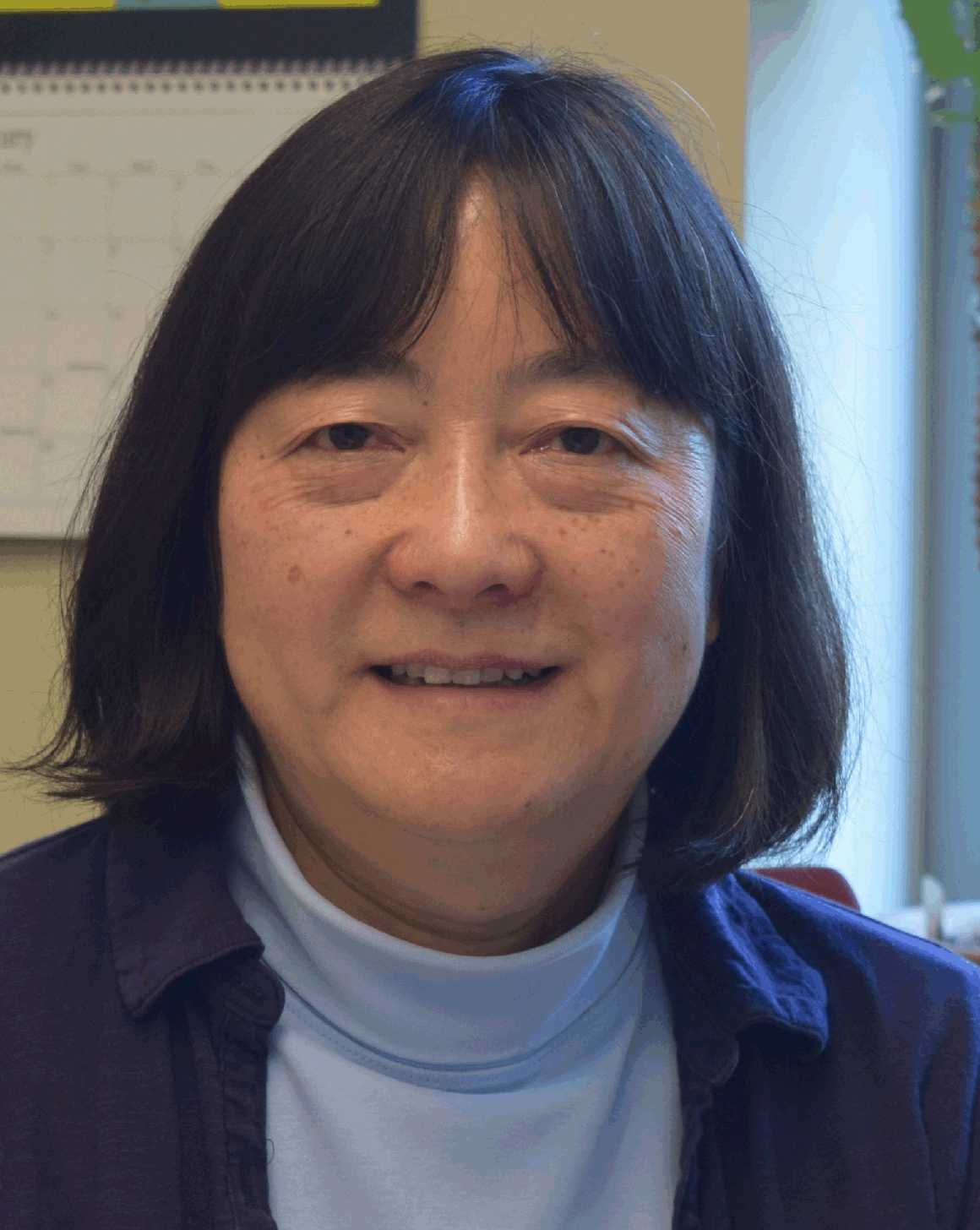
搜索网站、位置和人员

新闻与活动 活动信息
西湖名师论坛第243期 | Xinnian Dong: Engineering Broad-spectrum Disease Resistance in Plants Through Basic Research
时间
2024年8月6日(周二)
上午10:00~11:30
地点
西湖大学云栖校区5号楼1楼报告厅
主持
西湖大学生命科学学院 讲席教授柴继杰
受众
全体师生
分类
学术与研究
西湖名师论坛第243期 | Xinnian Dong: Engineering Broad-spectrum Disease Resistance in Plants Through Basic Research
时间:2024年8月6日(周二)上午10:00-11:30
Time:10:00-11:30 AM, Tuesday, August 6, 2024
地点:西湖大学云栖校区5号楼1楼报告厅
Venue: Lecture Hall, Building 5, Yunqi Campus
主持人:西湖大学生命科学学院 讲席教授柴继杰
Host: Chair Professor Jijie Chai, School of Life Sciences
主讲人/Speaker:

Xinnian Dong
Howard Hughes Medical Institute, Biology Department, Duke University, Durham, USA
Xinnian Dong received her B.S. in microbiology from Wuhan University in China in 1982 and Ph.D. in molecular biology from Northwestern University in Chicago in 1988. She began her study of plant immune mechanisms as a postdoc at MGH, Harvard Medical School. Dong is currently an Arts & Sciences Professor of Biology at Duke University. Dong became a HHMI investigator in 2011, an AAAS fellow in 2011, a member of NAS in 2012, an AAM Fellow in 2013 and an outstanding alumna of Wuhan University in 2013. Dong received the Chinese Biological Investigators Society (CBIS) Ray Wu Award in 2018, named the Clarivate Highly Cited Researchers in 2018-2023. Awarded the Stephen Hales Prize by the American Society of Plant Biologists (ASPB) in 2022, and recognized as a Pioneer of ASPB in 2024.
报告题目/Title:
Engineering Broad-spectrum Disease Resistance in Plants Through Basic Research
讲座摘要/Abstract:
My main research interest on understanding the mechanisms by which plants defend against pathogen challenge, with the long-term goal of making broad-spectrum disease resistance a common strategy for crop protection in agriculture. Crop diseases can cause up to 40% yield losses worldwide. Therefore, there is plenty of room for improving crop yield by controlling crop diseases. This is just like the use of broad-spectrum antibiotics in treating infectious diseases in humans which has successfully extended the average lifespan by 23 years. In fact, plant themselves have inducible broad-spectrum disease resistance mechanisms such as systemic acquired resistance (SAR). However, thousands of years of breeding efforts in increasing crop yields have inadvertently selected against energy-intensive resistance mechanisms. In support of this hypothesis, overexpression of Arabidopsis AtNPR1, a positive regulator of SAR, in a wide variety of crops, including rice and wheat, has been shown to enhance resistance to a broad spectrum of pathogens and pests, suggesting that the endogenous levels/activities of NPR1 in these crops are suboptimal. However, overexpression of AtNPR1 can result in significant fitness penalties, making the products undesirable for agricultural use. We found that such fitness costs in field-grown rice could be eliminated by putting AtNPR1 transcription and translation under the control of the pathogen-inducible promoter and the 5’ leader sequence (5’LS) of the immune TF gene, TBF1. This success enticed us to launch a new research direction to study regulation of defense-associated translation. In my seminar, I will describe the translational regulatory modules that we identified through this basic research project and how these highly conserved regulatory modules can be used for rationally design protein production for agricultural and medical applications.
讲座联系人/Contact:
科技合作部Sci-tech02@westlake.edu.cn

















